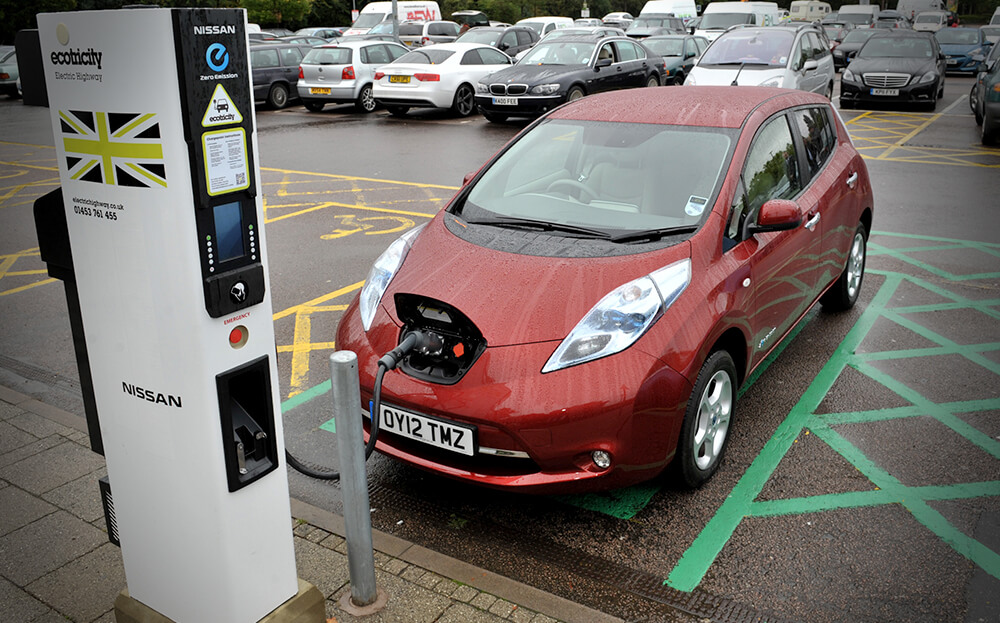
The UK is following in the footsteps of Norway, Holland, France, and several other countries by banning the sale of fossil fuel-powered vehicles. The plan, which will come into effect from 2040, is part of the government’s clean air initiative designed to deal with the problem of airborne pollution and the effect it has on people’s health.
The government was ordered to publish its plans after it lost a high court battle last year. Environmental law organization ClientEarth said its failure to implement policies that tackle air pollution was in breach of EU law and domestic regulations.
The judge in the case said nitrogen dioxide pollution, which primarily comes from diesel vehicles, is linked to 23,500 deaths in the UK each year.
There had been calls for ministers to introduce charges for entering “clean air zones,” or introduce taxes related to the amount of pollution a vehicle produces, but the government wanted to avoid anything that appeared to be punishing drivers.
"We can't carry on with diesel and petrol cars, not just because of the health problems that they cause, but also because the emissions that they cause would mean that we would accelerate climate change, do damage to our planet and to the next generation," said Environment Secretary Michael Gove on the BBC’s Today program.
France also intends to ban the sale of fossil-fuel cars by 2040, while both Norway and the Netherlands have considered introducing the policy by 2025.
Greenpeace told the Guardian that the government’s plan is “miles away” from its goal of reducing air pollution in the shortest possible time. 23 years is a long wait, and only the sale of the vehicles will be prohibited, meaning people can drive their non-EVs for a long time after that date. There’s also a lack of incentives for drivers to move to electric cars sooner.
https://www.techspot.com/news/70298-uk-plans-ban-sale-fossil-fuel-powered-vehicles.html